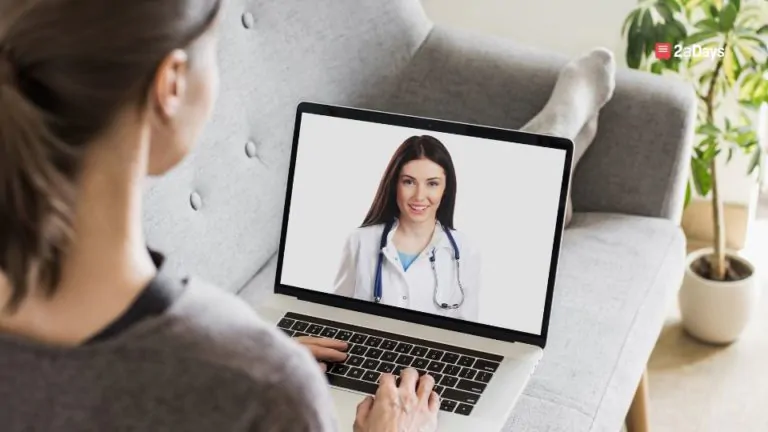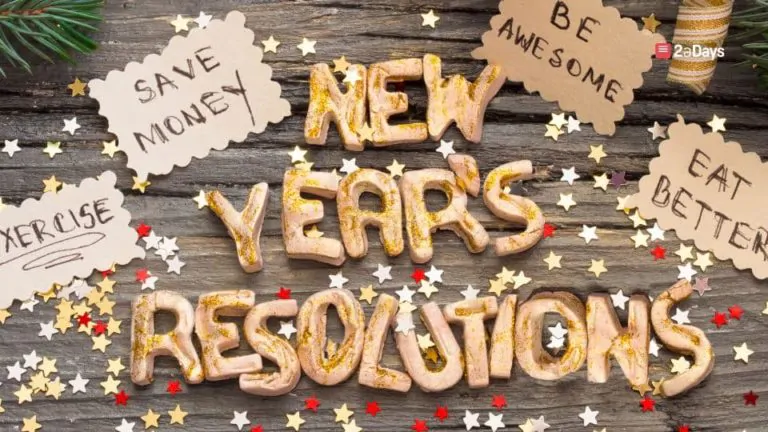In 2019, 90% of LGBTQ+ athletes identified homophobia and transphobia as issues in school sports. Meanwhile, 48% of LGBTQ+ students say that they cannot find adequate mental health services.
Although college athlete mental health suffered during the pandemic, COVID also increased our use of telemedicine, including teletherapy, which may remove barriers in finding mental health professionals. While college sports have a long way to go when it comes to inclusion, increased access to teletherapy is a great resource for LGBTQ+ athletes in the meantime.
How Teletherapy Works
Professionals conduct teletherapy appointments via video chat or online apps. Sessions work best on computers with high-resolution webcams and fast internet connections. Students should use a clean space with a solid background. Softwares like Zoom support blurred background options. Therapists use secure softwares that comply with HIPAA rules and many applications use end-to-end encryption. If a student has security concerns, they should speak to their provider to come up with solutions.
Related: Feeling Overwhelmed? 7 Tips To Help Athletes Approach a Coach About Their Mental Health
During hour-long teletherapy sessions, patients discuss mental and emotional concerns with therapists. Instead of meeting in an office, patients and counselors connect from anywhere. College athletes can incorporate therapy into a rigorous practice schedule. Platforms offering teletherapy services include Pride Counseling, Talkspace, and BetterHelp.
Pride Counseling
First, Pride Counseling provides LGBTQ+-affirming therapists and matching questions specifically ask about gender identity and sexuality to help them find the best fit. To ensure privacy, students can use a nickname that differs from their legal name and he platform does not ask for contact information. Patients can utilize text, video, or audio sessions. For security purposes, the app requires a customized PIN code.
Pride Counseling subscriptions start at sixty dollars per week and patients receive a bill every month. The platform modifies rates based on location and preferences. Although the platform does not accept insurance, patients can cancel memberships online with no added fee.
Talkspace
Unlike Pride Counseling, Talkspace asks insurance and location questions in their match process. The service offers subscriptions, with packages starting at sixty-five dollars per week and patients can message their therapist 24/7. Video and audio sessions occur in specialized TalkSpace chat rooms andthe online spaces are HIPAA compliant and encrypted. As a bonus, if your therapist isn't a good fit, students can freely switch therapists at any time.
Related: Sports Psychology vs Talk Therapy (and How Each Can Help Athletes With Their Mental Health)
Talkspace offers LGBTQ+-affirming and HIPAA-compliant therapists, emphasizes diversity commitments regardless of the patient's age, and offers free consultations with numerous therapists. Additionally,the patient determines which provider meets specific equity needs and can navigate their gender and sexuality journeys with licensed professionals. They can also approach professionals about coming out and homophobia, among other topics and discuss topics unrelated to LGBTQ+ identities as well.
BetterHelp
Finally, BetterHelp matches patients to one of their 28,000 licensed professionals. The service first asks basic questions to understand the patient's needs. Then, students communicate with the practitioner in regards to session frequency and time. For pricing, students pay a flat fee for unlimited sessions, as BetterHelp does not accept insurance plans. Students can switch therapists with a button's click andthe service prides itself with a confidentiality commitment.
Regardless of which platform works best for you, teletherapy services increase therapy access LGBTQ+ athletes, ensure privacy, and cater to a variety of patient needs. Consider giving it a try and remember: mental health matters.
Have an idea for a story or a question you need answered? Want to set up an interview with us? Email us at [email protected]
* Originally published on November 3, 2022, by Britt Trachtenberg







